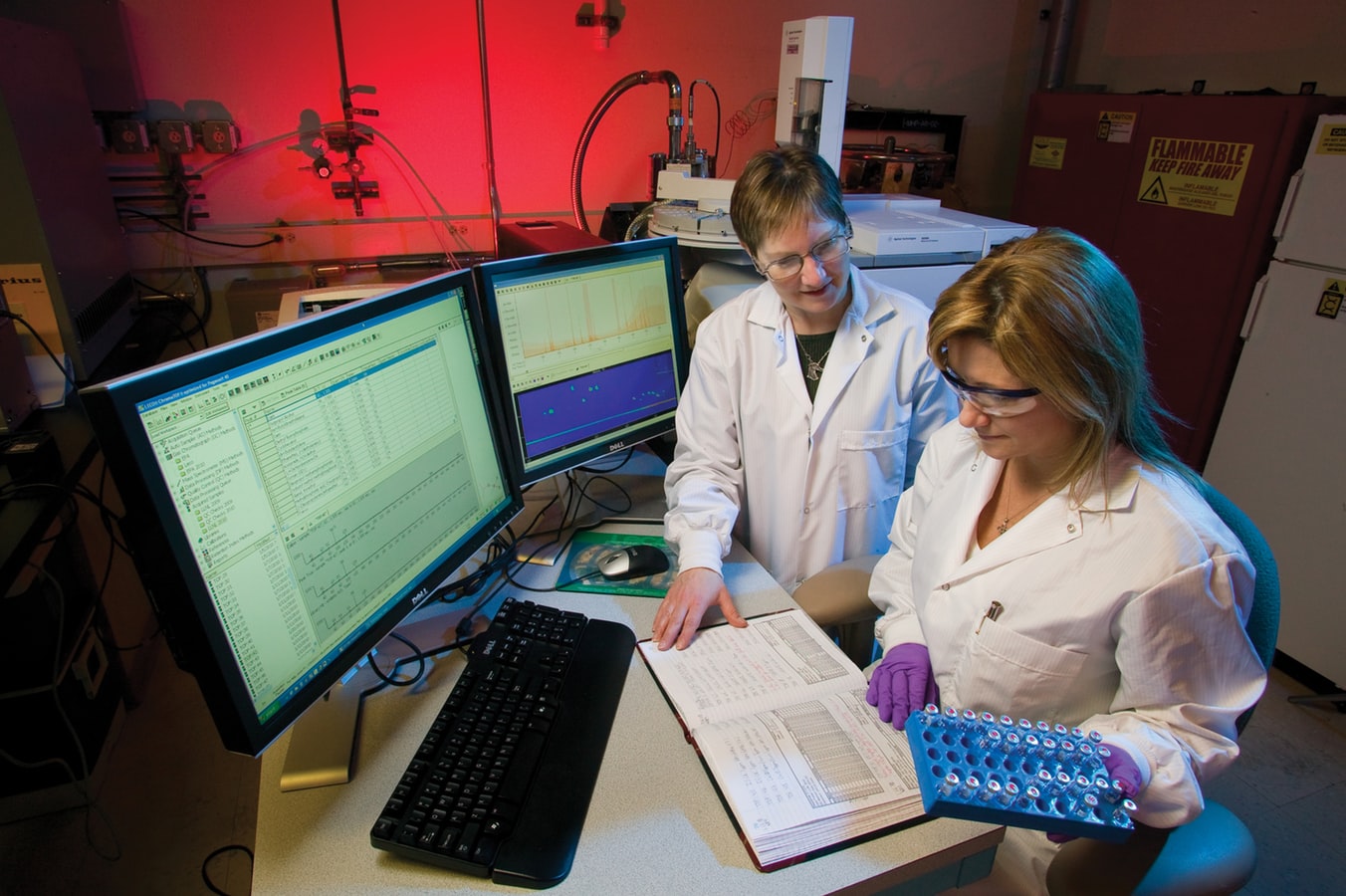Modern-day cutting edge smart technologies are giving a much-needed renovation to laboratories and making them ‘smart’ labs.
A smart laboratory is nothing but an amalgam of different hardware tools and software that helps in data management in laboratories.
 One of the integral parts of smart laboratories is data management. And when it comes to data management, one cannot ignore the concept of Digital Data Management.
One of the integral parts of smart laboratories is data management. And when it comes to data management, one cannot ignore the concept of Digital Data Management.
So, let’s dig deeper on it!
What is Digital Data Management?
The first step towards the digitalization of laboratories is the digital data management procedure. This is considered to be an integral part, as it is both easy to implement and has a low cost. The concept of digital data management generally revolves around utilizing tools to store, document, and share, analyze and manage the experimental data.
Among all the other software available, LIMS or Laboratory Information Management System is extremely helpful.
Now, let’s shed some more light on what is LIMS and how is it beneficial,
What is the Laboratory Information Management System?
LIMS is a software solution that helps in addressing data management, regulatory challenges, and automation. This software is extremely useful in handling laboratory samples and the data. As a result, it helps maintain tests, workflows and reporting techniques that assist in standardizing operations.
Role of LIMS:
The most significant part of the LIMS is to enhance the operational efficiency of a lab by streamlining and automating workflows. Also, it eliminates the purpose of manually maintaining information and living up to the regulatory rules. An efficient LIMS will easily be able to keep records and report them. As a result, it eliminates the possibility of any human errors.
Benefits of Using LIMS
1. The key advantage of using LIMS is that it provides Sample management. It means that with the help of LIMS, it is possible to manage accurate and detailed records of every sample and securely store them. As a result, the data is not lost while it moves from one laboratory to another.
2. Secondly, the Inventory Management functionality of LIMS makes it a great option. Through this system, it is possible to manage reagents and stock supplies. In addition, it also helps in generating automatic recorder alerts in time of depletion of the stock.
3. Test Management and Reporting are the other two benefits of using the Laboratory Information Management System. It is possible to achieve standardized testing structures with the help of LIMS that too with the bonus of providing accurate and complete testing process control.
The LIMS is applicable for various types of laboratories like clinical research and diagnostics, oil and gas testing labs, agriculture testing labs, and so on.
Conclusion
With the advent of modern-day technologies, it is possible to upgrade labs and turn them into smart laboratories. One of the most critical aspects of intelligent laboratories is Digital Data Management. For the implementation of Digital Data Management, the LIMS is considered to be one of the best software with much useful functionality.
